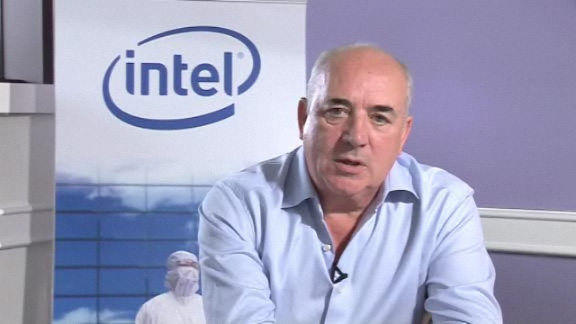Intel to Ireland: Vote Yes to Europe or else?

Irishness is not primarily a question of birth or blood or language; it is the condition of being involved in the Irish situation, and usually of being mauled by it.
Still, Intel has waded manfully into the thicket of Irish politics and nailed its colours firmly to its corporate social responsibility mast in backing the 'Yes' campaign in today's national referendum on the EU Lisbon treaty. There is a lot at stake in today's vote both for the people of Ireland and Intel and not least because it is the single biggest employer in the country. Together with Microsoft and Dell, Intel contributes a whopping 20% of Ireland's GDP. So is what is good for Intel also good for Ireland?
This will be Ireland's second go around on the Lisbon treaty with a 'no' vote recorded only last year. Intel fears yet another 'no' vote would isolate its European operations based in Ireland from an open market in an increasingly bound and unified Europe. Intel's Ireland boss Jim O'Hara makes no bones about it:
Such words resonate powerfully in Ireland especially in the context of Dell's decision earlier this year to move its European operations centre out of Ireland to a lower cost base in Poland at the cost of 2400 jobs.
As it goes I think Intel is on the right side of the argument but as a US multinational operating in Ireland, its political campaigning is not universally welcomed. One letter to the Irish Times summed up the concerns of the 'no' campaign:
My take: while I think Intel is on the right side of the issue I can't help but feel a bit uneasy about the precedent set here. With the genie out of the bottle, in future Intel may find it increasingly difficult to draw boundaries of the role it should and should not play in the political life of the many countries that host its operational interests.
